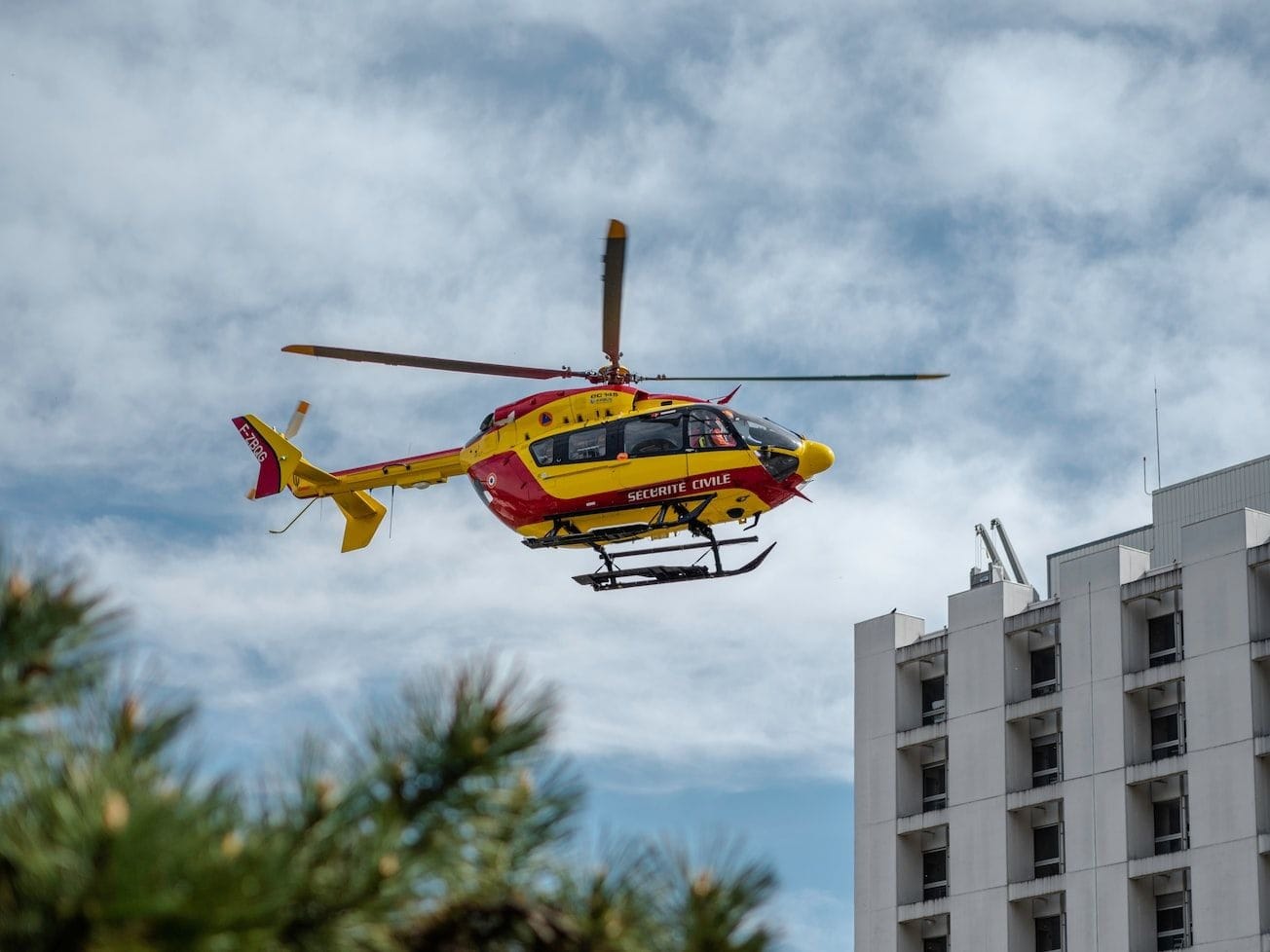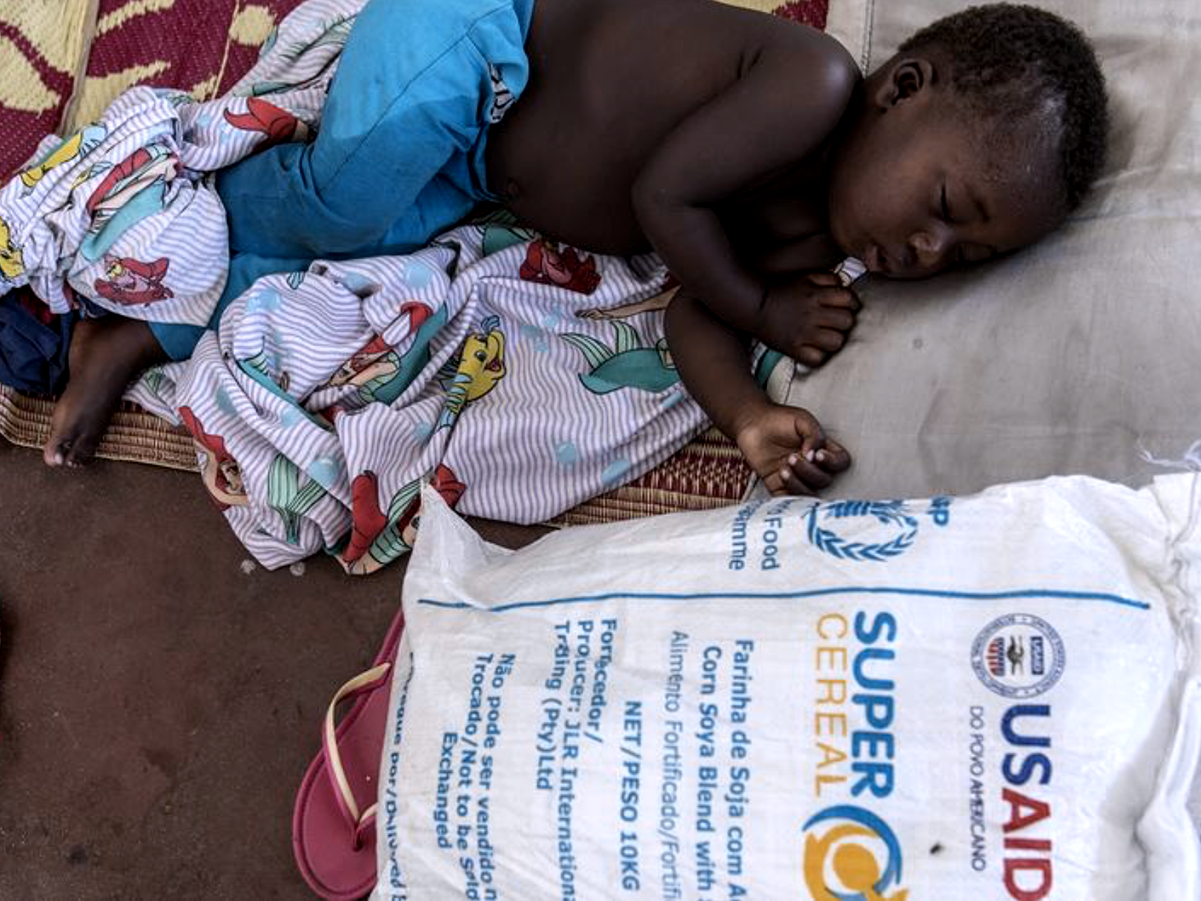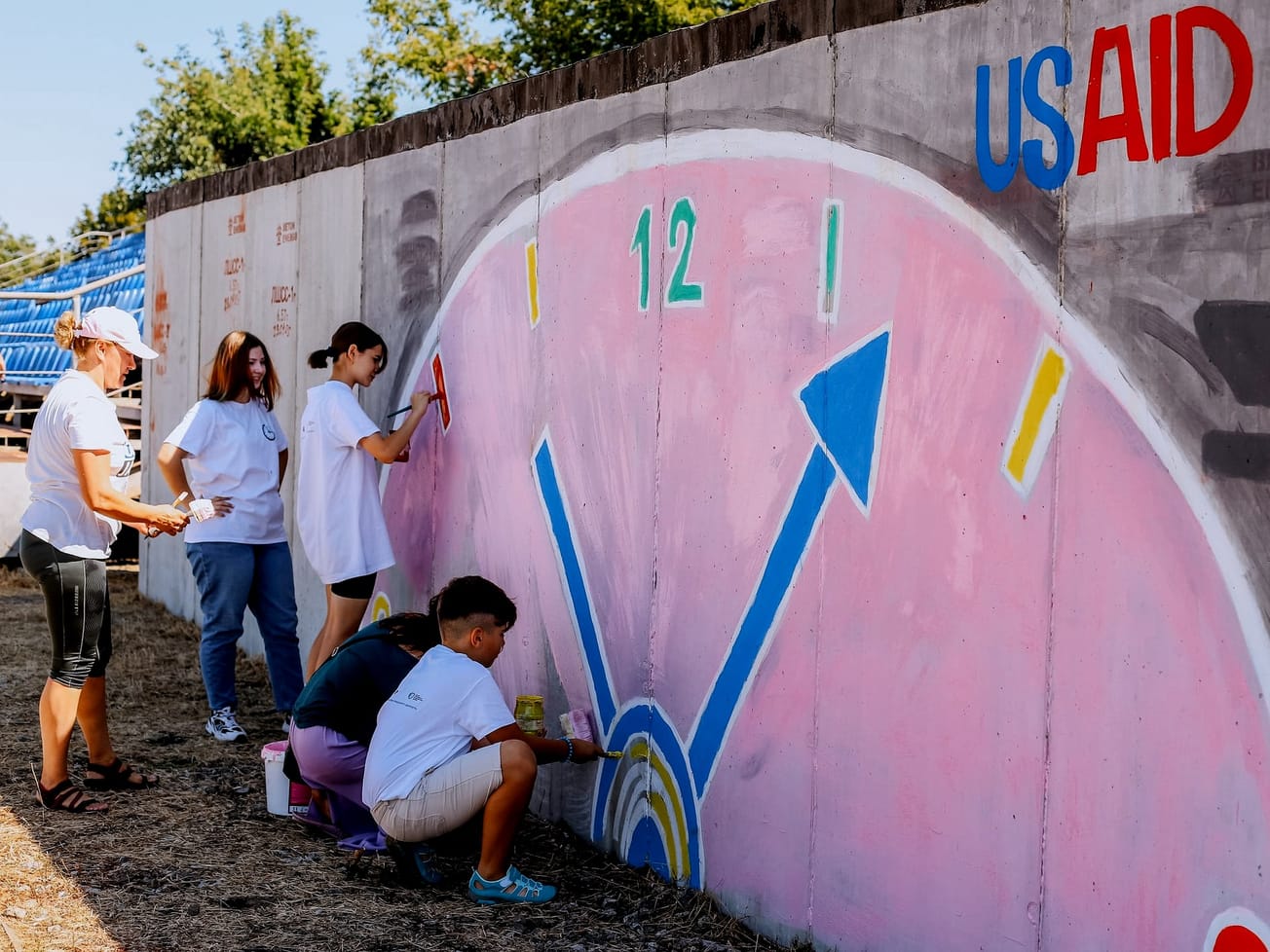GENEVA (AN) – The World Health Organization launched an appeal for US$2.54 billion to help a record number of 339 million people facing complex and intersecting health emergencies around the world, such as climate-related disasters, war, and the health impacts of COVID-19.
The U.N. health agency's funding appeal on Monday for those with the most urgent humanitarian needs in 2023 is less than the US$2.7 billion it sought last year – but the record number of people it cites who desperately need help has more than doubled from the 160 million last year.
Health professionals say the aid truly is a matter of life and death.
"Seeing WHO trucks loaded with medical supplies entering the front yard of the hospital brought me a joy that I still cannot describe," Dr. Nagham Hasan, a gynecologist and director of Sheikhan General Hospital in Iraq, recalled by videoconference.
"As a doctor I hopefully am empowered to have the needed support to save the lives of my people – a feeling in the world nothing can rival with," said Hasan, the regional winner of the U.N. refugee agency's 2022 Nansen Refugee Award for her work in helping forcibly displaced and stateless people.
The money is needed for 54 ongoing emergencies globally – including 11 that are considered extreme situations – requiring an "unprecedented" response from donors to provide aid such as medicines, supplies, and training for health workers, according to WHO officials.
"As we enter 2023, we are witnessing an unprecedented convergence of crises that demands an unprecedented response," said WHO's Director-General Tedros Adhanom Ghebreyesus. "The world faces multiple overlapping crises, and the most vulnerable are being hit the hardest."
Eighty percent of humanitarian needs globally are driven by conflict, he noted, and around half of preventable maternal and child deaths occur in fragile, conflict-affected and vulnerable settings.
"The world cannot look away and hope these crises resolve themselves," Tedros said. "With funding and urgent action, we can save lives, support recovery efforts, prevent the spread of diseases within countries and across borders, and help give communities the opportunity to rebuild for the future."
Currently, WHO is responding to an unprecedented number of intersecting health emergencies:
— World Health Organization (WHO) (@WHO) January 23, 2023
• climate change-related disasters
• food insecurity
• war
• health impact of conflicts
all of these overlapping with the health system disruptions caused by the pandemic & outbreaks pic.twitter.com/MQQE3Xwk5m
'Avoidable illness and disease'
Dr. Mike Ryan, WHO’s emergencies chief, noted the difficulties that health professionals must come to terms with when they try to help vulnerable populations despite "not knowing when the electricity is going to go out, not knowing where the next medical supplies are coming from."
"Many of us who have worked in the frontline of crisis expect to rely on our skills. We expect to rely on what we've been taught and how we've been trained," he said. "But when you can't rely on the infrastructure, when you don't know where the drugs are coming from, when you have to look into the eyes of families and say you can't carry out that operation, you can't give a woman a safe delivery, you can't vaccinate the child – that's a very personal refusal. It's a very personal disappointment."
The most extreme situations includes Afghanistan, Congo, the greater Horn of Africa, Northern Ethiopia, Somalia, South Sudan, Syria, Ukraine and Yemen. The COVID-19 pandemic and mpox (monkeypox) outbreaks are also on that list.
Last year's funding appeal helped WHO to respond to outbreaks of Ebola in Uganda, water-borne cholera in 31 nations and mpox around the world, and to help people suffering in conflicts at Ethiopia, Ukraine and Yemen, among other places.
It also was used to help flood victims in Pakistan and people caught in protracted crises in the Horn of Africa and Sahel regions, where drought and hunger are rampant.
"We need an urgent infusion in excess of US$2.5 billion if men, women and children are not to die unncessarily from avoidable illness and disease," said former British prime minister Gordon Brown, a WHO ambassador for global health financing.
"As a result of war, plagues, famine, drought or floods, specialized medical supplies and expertise are needed immediately if we are not to abandon the sick to disaster, disease and death," he said by videoconference.









